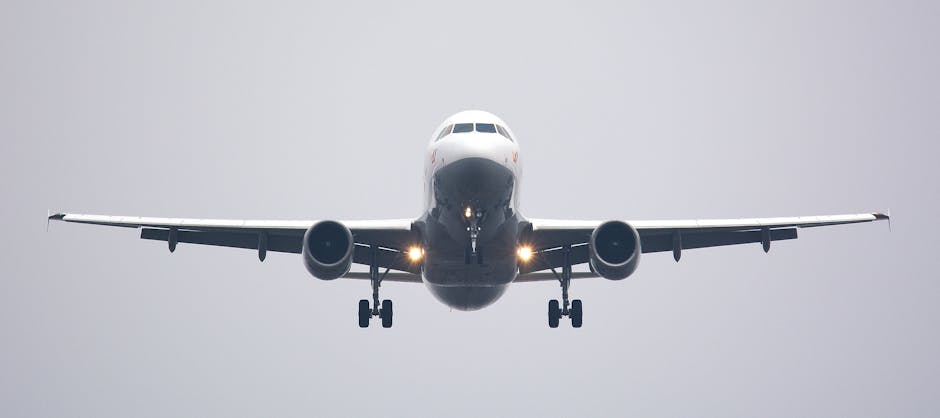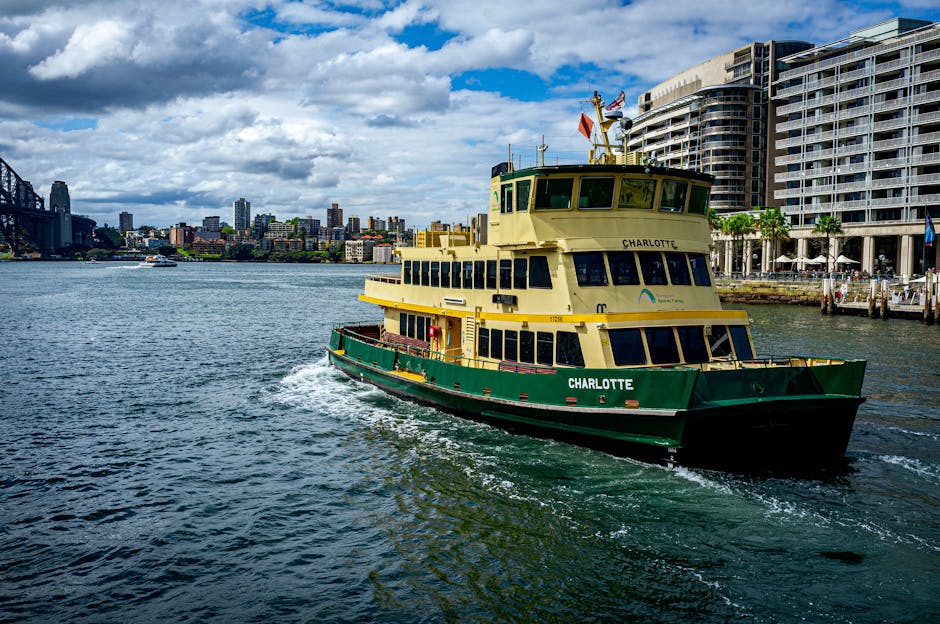Can Putin’s ‘Flying Kremlin’ Travel Through EU Airspace to Budapest?
The possibility of Russian President Vladimir Putin’s luxurious presidential aircraft, often dubbed the “Flying Kremlin,” entering European Union airspace to reach Budapest has ignited widespread debate. Amid escalating geopolitical tensions and strict EU sanctions against Russia, this scenario raises critical legal, political, and logistical questions.
What Is the ‘Flying Kremlin’?
The “Flying Kremlin,” officially known as the Ilyushin Il-96-300PU, is more than just a plane—it’s a symbol of Putin’s power. Equipped with advanced communications systems, missile defense mechanisms, and opulent interiors, the aircraft serves as a mobile command center. However, its potential journey to Budapest would require navigating a complex web of EU sanctions and airspace restrictions.
EU Sanctions and Airspace Restrictions
Since Russia’s invasion of Ukraine in February 2022, the EU has imposed sweeping sanctions, including a ban on Russian aircraft entering its airspace. These measures aim to isolate Russia economically and politically. For Putin’s plane to fly through EU airspace, it would need an exemption from these sanctions—a highly unlikely scenario given the current geopolitical climate.
Political and Diplomatic Challenges
The EU’s unified stance on Russia means any decision to allow Putin’s aircraft into its airspace would require consensus among member states. Countries like Poland and the Baltic nations, which hold strong anti-Russian sentiments, are likely to oppose such a move. Even Hungary, under Prime Minister Viktor Orbán’s Russia-friendly leadership, would face immense pressure to comply with EU sanctions.
Logistical Hurdles
The logistical challenges are equally significant. The “Flying Kremlin” would need overflight permits from multiple countries along its route, each weighing the diplomatic and political implications. Additionally, the aircraft’s military-grade systems could raise security concerns, as EU nations may view it as a potential espionage tool.
Could Budapest Host Putin?
Despite these obstacles, the possibility of Putin traveling to Budapest cannot be entirely ruled out. Hungary has historically positioned itself as a mediator between Russia and the EU, and Orbán has called for peace talks to end the Ukraine conflict. If Budapest were to host such talks, it could argue for a temporary exemption to allow Putin’s plane to land. However, this would require a significant shift in the EU’s current position, which shows no signs of softening.
Broader Implications
Allowing Putin’s plane into EU airspace, even temporarily, could be seen as a weakening of the bloc’s resolve against Russian aggression. It could also embolden other sanctioned Russian officials to seek similar concessions, undermining the effectiveness of the sanctions regime. Conversely, denying access could further strain relations between Hungary and the EU, deepening divisions within the bloc.
A Litmus Test for EU Unity
The question of whether Putin’s “Flying Kremlin” can travel through EU airspace to Budapest serves as a litmus test for the EU’s unity and commitment to upholding sanctions against Russia. For now, the skies over Europe remain closed to the Russian president’s aircraft. However, in the ever-shifting landscape of geopolitics, nothing is entirely off the table.
For NextMinuteNews, this story highlights the delicate balance between diplomacy, security, and the enforcement of international sanctions in a world increasingly defined by conflict and division.




